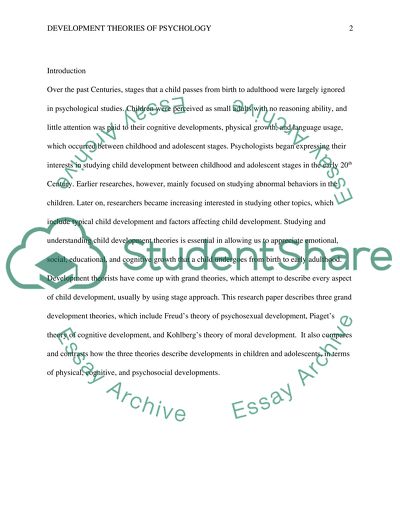Cite this document
(“Developmental Theories of Psychology Research Paper”, n.d.)
Retrieved from https://studentshare.org/psychology/1442864-developmental-theories-compare-and-contrast-paper
Retrieved from https://studentshare.org/psychology/1442864-developmental-theories-compare-and-contrast-paper
(Developmental Theories of Psychology Research Paper)
https://studentshare.org/psychology/1442864-developmental-theories-compare-and-contrast-paper.
https://studentshare.org/psychology/1442864-developmental-theories-compare-and-contrast-paper.
“Developmental Theories of Psychology Research Paper”, n.d. https://studentshare.org/psychology/1442864-developmental-theories-compare-and-contrast-paper.


